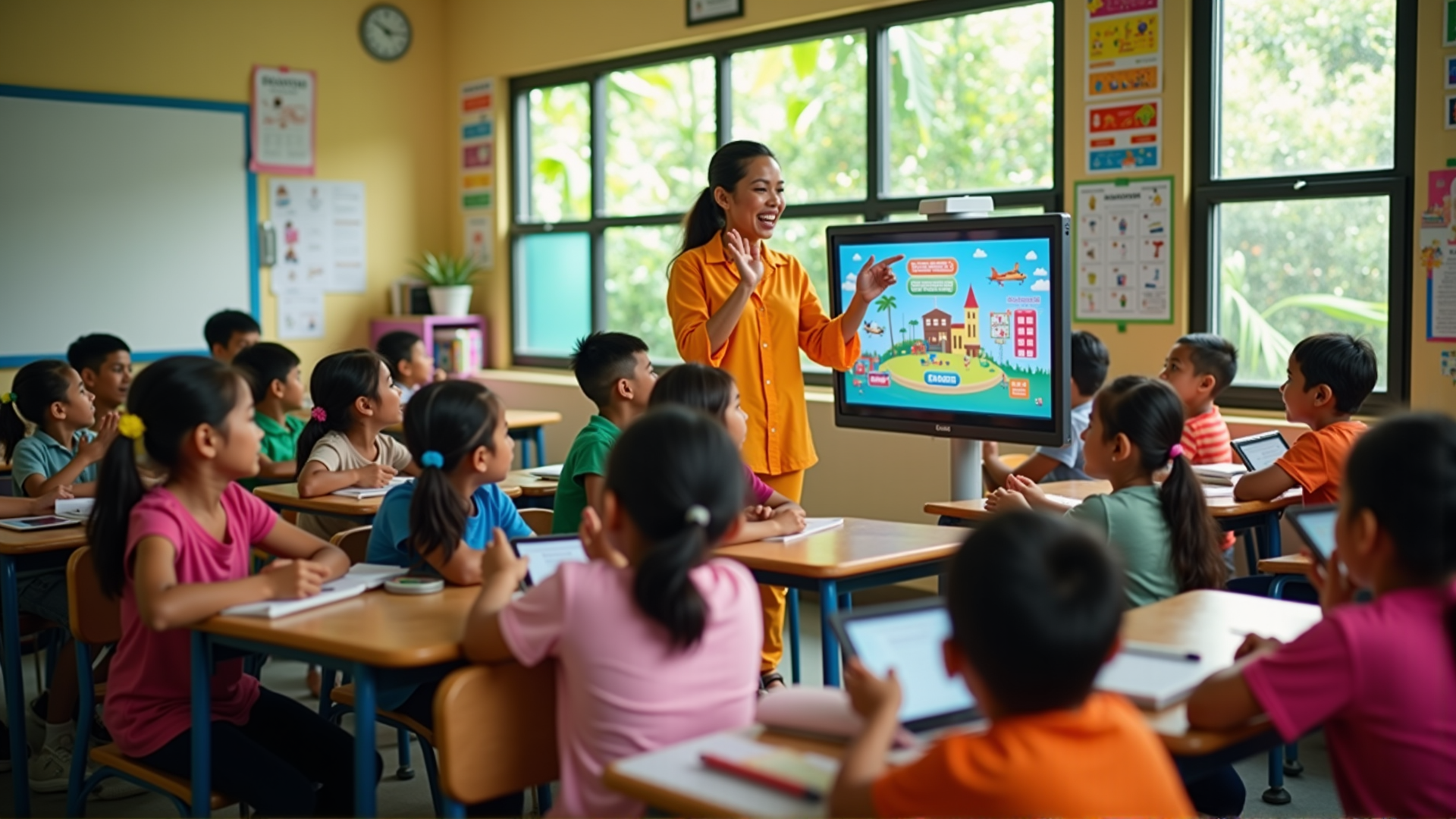In many parts of the world, there exists a glaring disparity in access to quality education. Underprivileged children often face numerous barriers, preventing them from receiving the learning opportunities they deserve. To bridge this gap, innovative educational outreach programs are making a significant impact by offering creative solutions tailored to the needs of these communities.
One of the core strategies employed by these programs is the development of tailored school initiatives that are designed to cater to the specific challenges faced by underprivileged children. By understanding the unique needs of each community, these programs can create effective curricula that engage students and foster a love for learning. This might involve incorporating local culture and languages into the educational material, making learning more relatable and accessible.
Moreover, the use of innovative learning materials is transforming the way education is delivered. Traditional textbooks often overlook the diverse needs of learners, whereas customized teaching aids can provide a more engaging learning experience. Digital tools and resources, such as interactive apps and online platforms, are becoming increasingly important. They offer students and teachers low-cost, scalable solutions that can bring education to remote and underserved areas.
These programs also work to equip teachers with the necessary skills and resources to deliver high-quality instruction. Professional development workshops, mentorship, and peer support networks play a crucial role in this regard. By empowering educators, programs can ensure that the benefits of quality education reach every student in the classroom.
In addition to teacher support, community involvement is a pivotal element of educational outreach programs. By engaging local leaders and parents, programs can foster a supportive environment that values education. Community volunteers often serve as invaluable resources, providing tutoring and supplementary educational support to children who would otherwise be left behind.
One notable success story involves mobile learning centers, which travel to remote areas, bringing education directly to children who are unable to access traditional schools. These centers are outfitted with learning materials and trained instructors, ensuring that even the most isolated communities have the opportunity to learn.
The ripple effect of these outreach efforts extends beyond the classroom. As children gain access to quality education, they acquire skills and knowledge that can transform their futures. Improved literacy and numeracy skills empower students to pursue further education or vocational training, opening doors to new opportunities and helping to break the cycle of poverty.
Overall, innovative educational outreach programs are playing a crucial role in creating a more equitable world. By harnessing creativity, technology, and community engagement, these initiatives provide underprivileged children with the tools they need to succeed. As these efforts continue to expand, they hold the promise of a brighter future for countless young learners worldwide.
